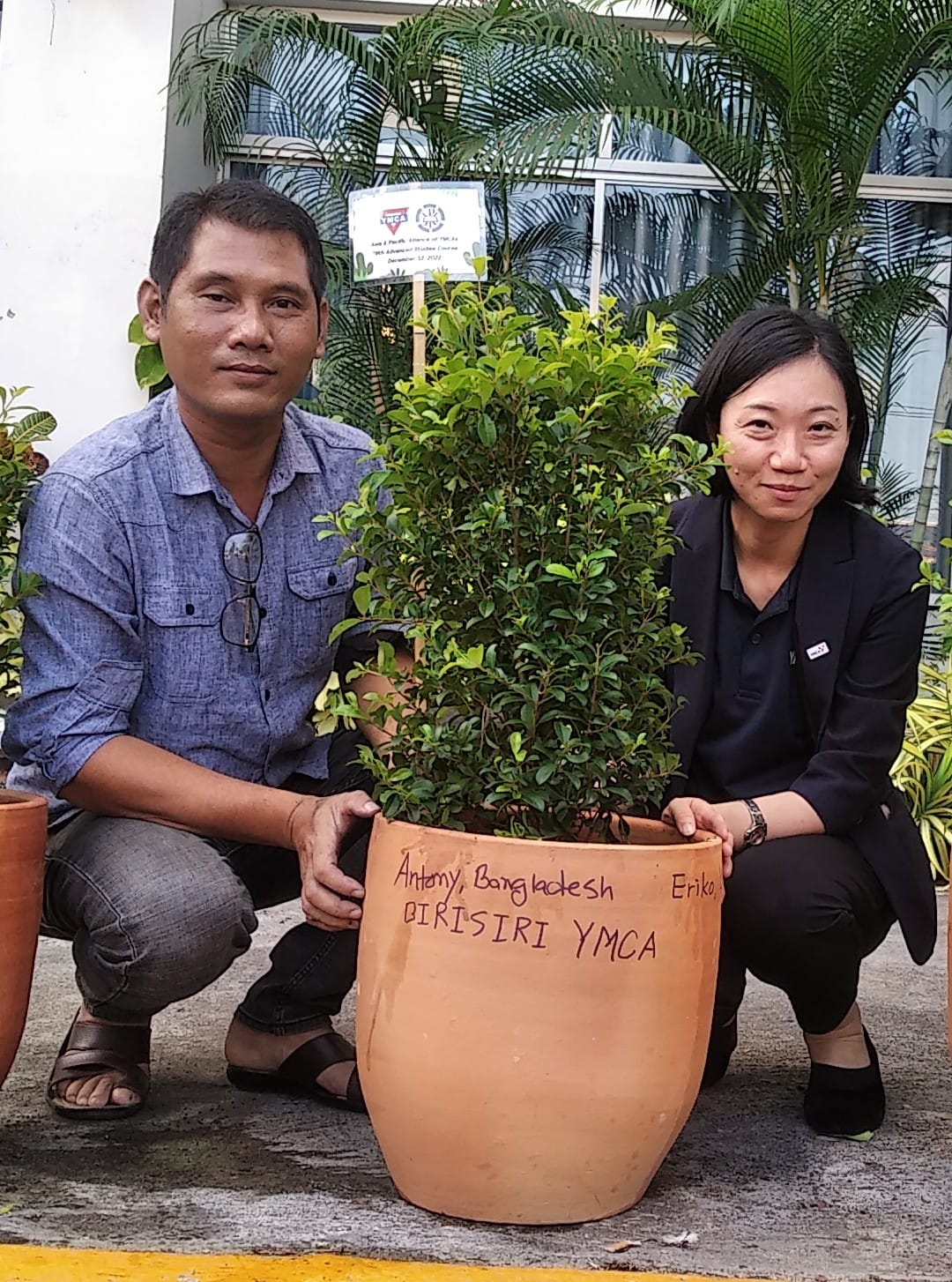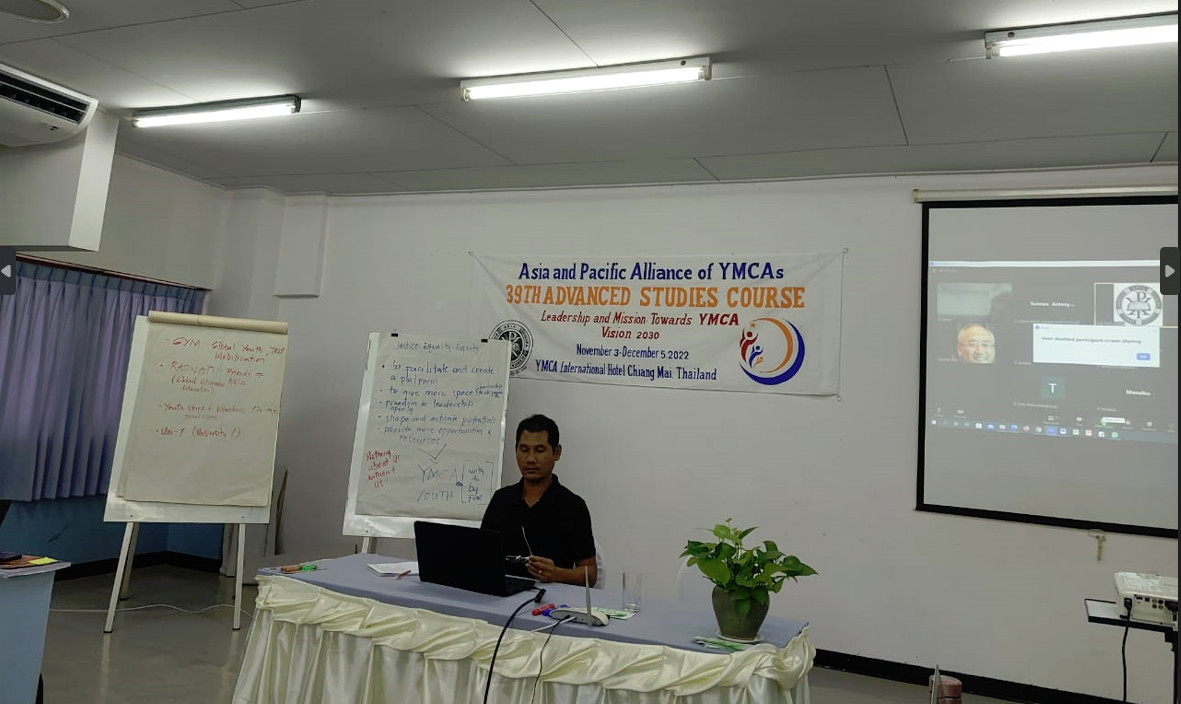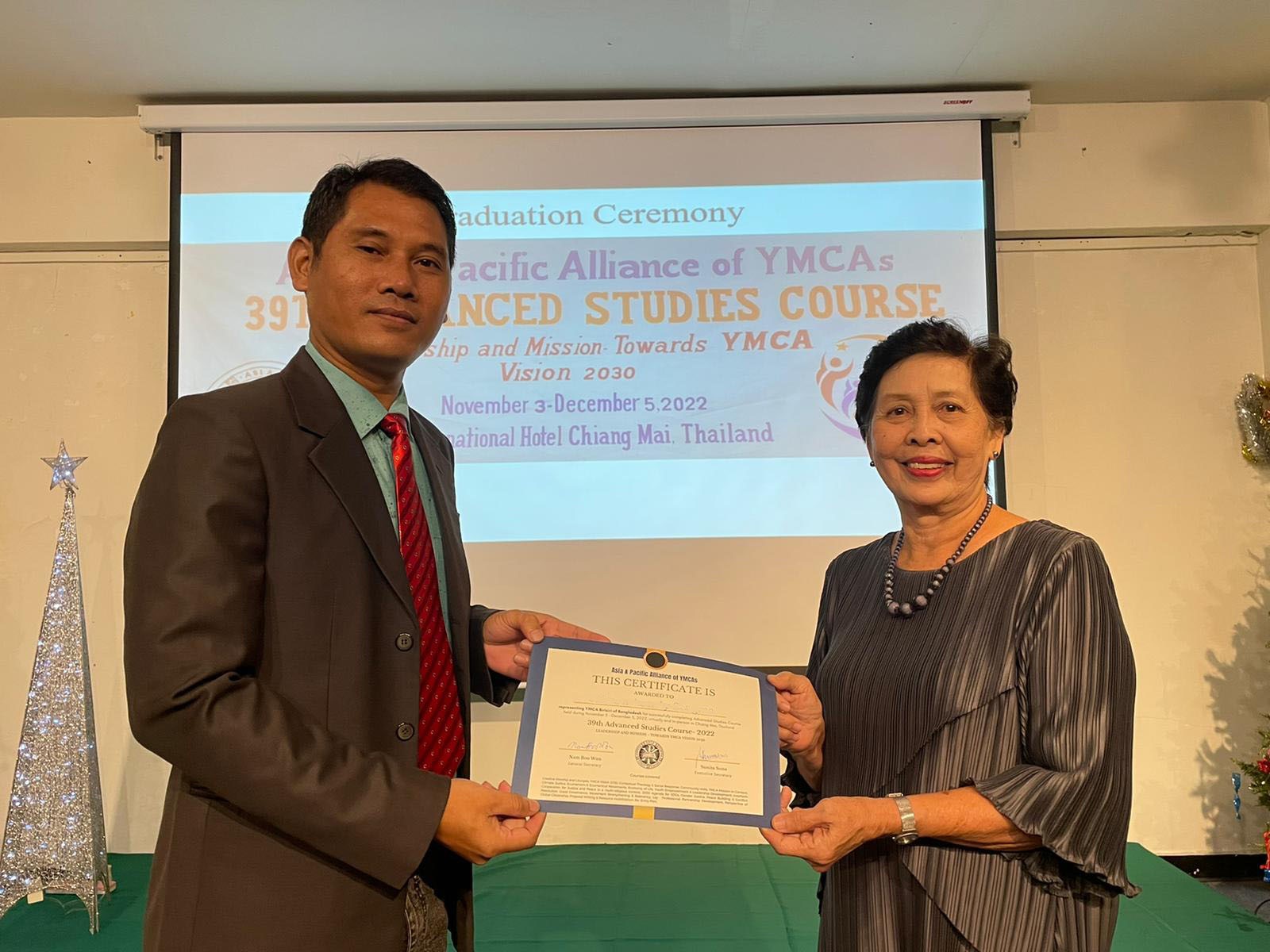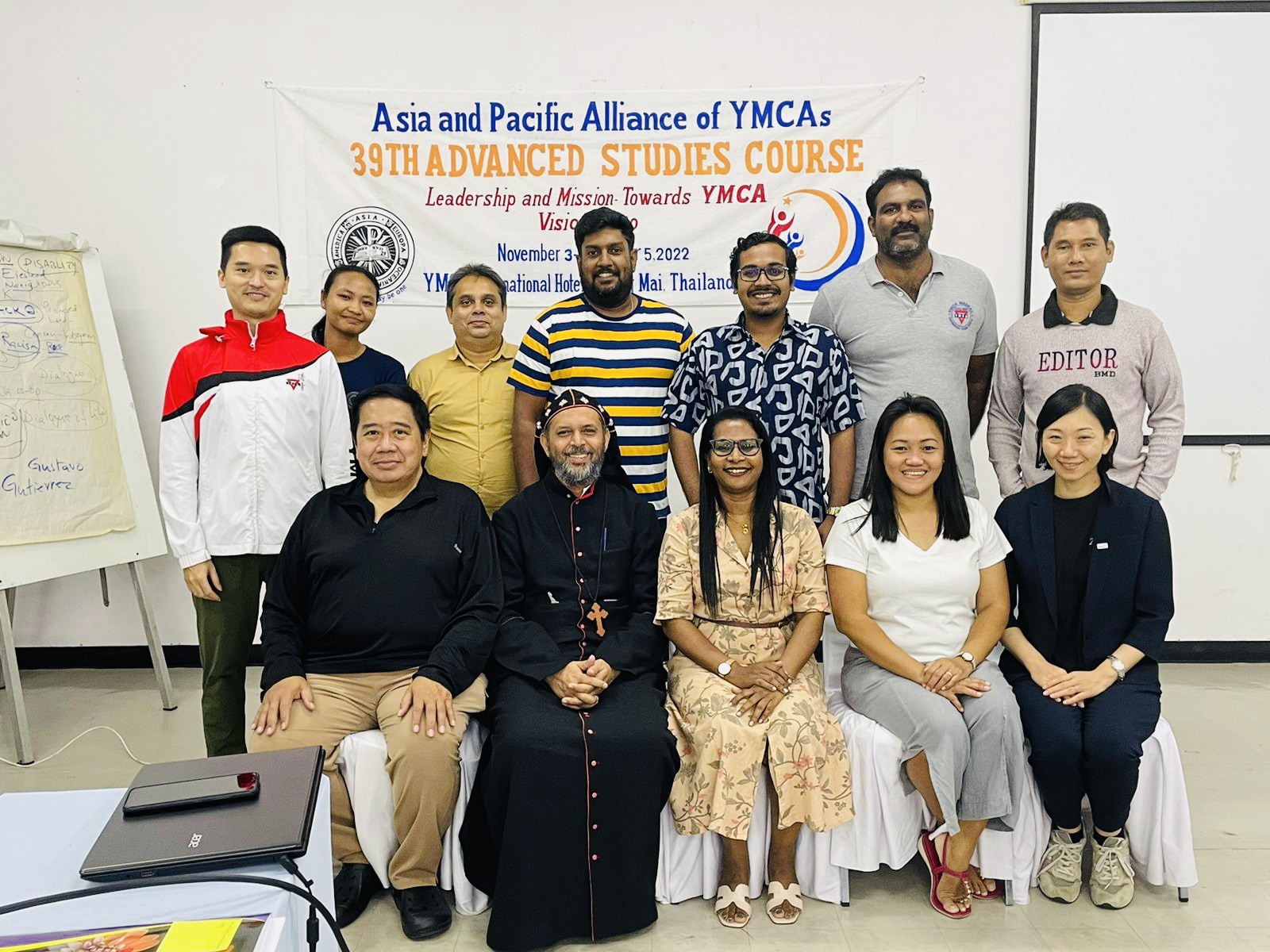A Brief Reflection of the 39th Advanced Studies Course (ASC)
Last Updated (Monday, 03 April 2023 13:02)
 The 39th Advanced Studies Course was one of the most significant experiences of my life. I Joined having many expectations of learning through the course, and I did.
The 39th Advanced Studies Course was one of the most significant experiences of my life. I Joined having many expectations of learning through the course, and I did.
The sessions on Creative Worship & Liturgies brought many new insights. Earlier, I believed it was mandatory to follow specific rules to worship, but the sessions helped to understand why we worship and how to make it meaningful and creative as we worship together. We usually worship within our comfort zone, which needs to break with new perspectives and broaden our understanding to eliminate doubts and fears and travel from known to unknown. Learning should be an ongoing process, and I learned many new things from this course.
Before joining the ASC, I was unfamiliar with the terms Ecumenism and Ecumenical Movements. The session on this topic helped me to accept that YMCA is an ecumenical organization. In today’s context, Ecumenism is very much needed, especially in our churches, society, and religious communities, as we witness many conflicts due to our differences. We need to strengthen the ecumenism & ecumenical movement. We are all called to be part of the ecumenical boat despite our differences and be united, and I believe our YMCA movements can do it with its dynamism.
Movement Strengthening and Relevancy was other important subject for me to learn. I learned that for an organization to be strong, it must have a clear mission and vision. The three pillars talked about 1) Mission Clarity, 2) Social Relevance 3) Institutional Viability (governance and membership). And their work should be relevant to youth and society. A viable and sustainable foundation is crucial for an organization. Every YMCA should have a strong membership recruitment process for young people and create opportunities to become leaders. Our programs should reflect the Challenge 21 and be committed to the Vision 2030 goals. Establishing good governance is another priority for all the YMCAs. We should work in a way that makes us efficient and Able to meet the needs of youth and the community.

I learned about many more important things, and the visits to three issue-based organizations and communities were meaningful. They are (1) MAP Foundation (MAPs mission is to empower migrant workers in Burma and their communities to take action to claim their rights), (2) Hug Project (The HUG Project Thailand is preventing, protecting, and restoring children from sexual abuse and human trafficking) and (3) Urban Light (Urban Light work to protect boys and men by meeting their basic needs and EMPOWER them through education). We visited The Sao Hin YMCA. Sao Hin YMCA is working to respond to Global Warming and developing alternatives to use environmentally friendly energy. I am impressed and inspired to see the Sao Hin YMCAs Green initiatives.
It was also a learning space to experience diversity by studying with friends from other countries. I would like to thank the facilitators and mentors who taught us various subjects for a month and all my classmates and friends who have helped me in various ways, and we had a great time together.
I express my special thanks to Birisiri YMCA, NCY of Bangladesh, and gratitude to APAY for giving me the opportunity to do this course, especially Mr. Nam Boo Won - General Secretary of Asia Pacific Alliance of YMCAs, to Ms Sunita Suna, executive secretary of APAY. This course has certainly brought me a vast experience to apply in my work at YMCA.
 |  |
The 39th ASC was divided into two parts: the online course was organized from November 3 – 18, 2022 and November 20 - December 5, 2022 in person Chiang Mai, Thailand.
by Saimon Antony Sangma
General Secretary, Birisiri YMCA, Bangladesh.
39th ASC Participant.





